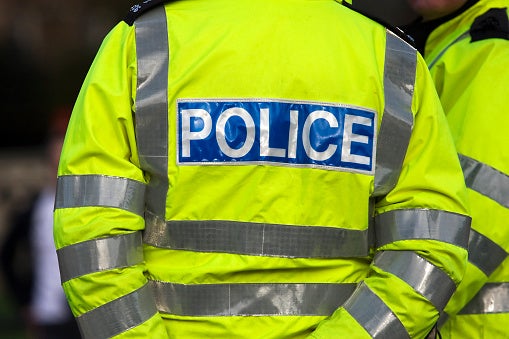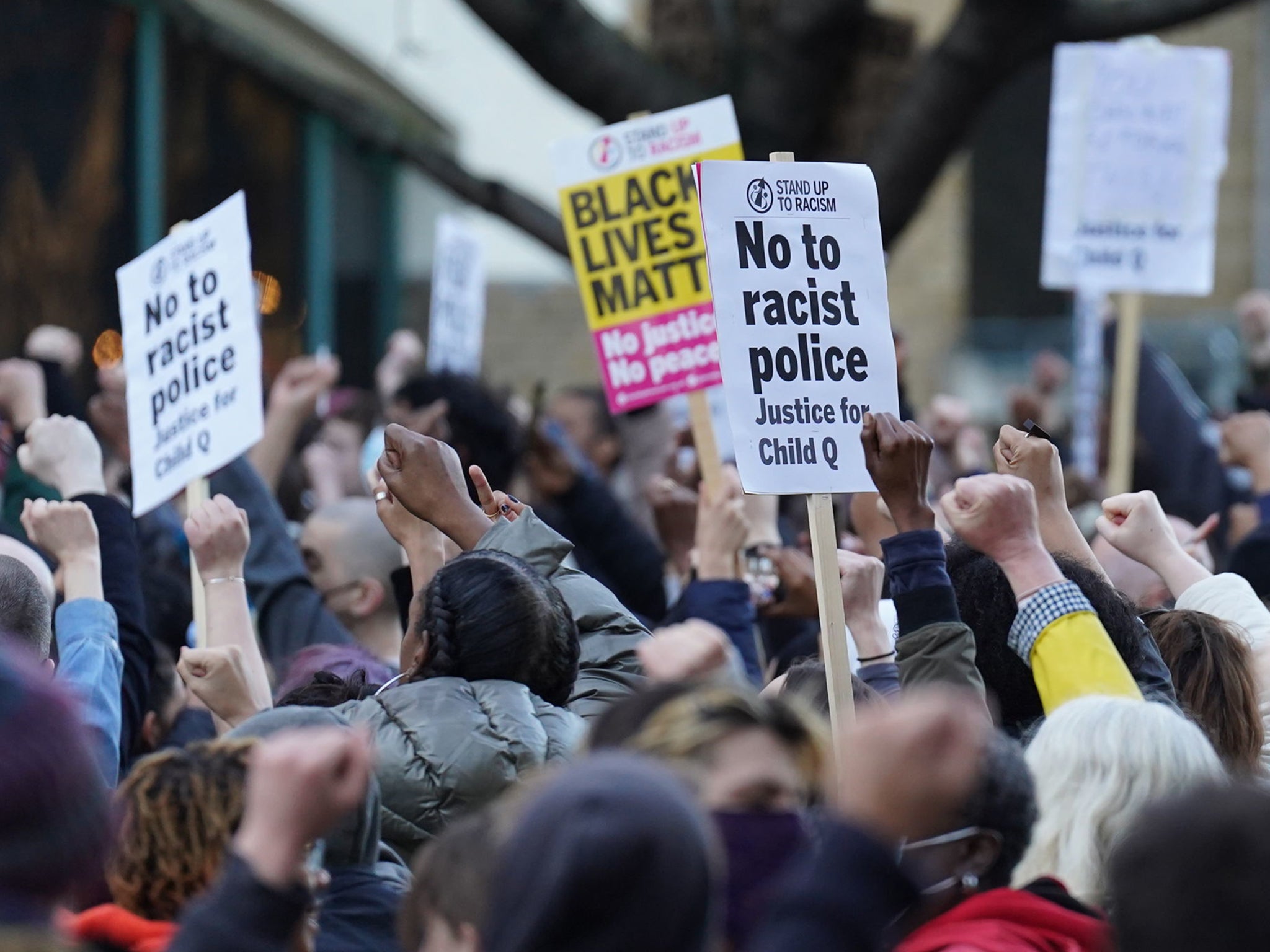Government issues new guidance on strip searches in schools following Child Q scandal
Pupil wellbeing must be balanced with suspicion of crime, says government guidance

Your support helps us to tell the story
From reproductive rights to climate change to Big Tech, The Independent is on the ground when the story is developing. Whether it's investigating the financials of Elon Musk's pro-Trump PAC or producing our latest documentary, 'The A Word', which shines a light on the American women fighting for reproductive rights, we know how important it is to parse out the facts from the messaging.
At such a critical moment in US history, we need reporters on the ground. Your donation allows us to keep sending journalists to speak to both sides of the story.
The Independent is trusted by Americans across the entire political spectrum. And unlike many other quality news outlets, we choose not to lock Americans out of our reporting and analysis with paywalls. We believe quality journalism should be available to everyone, paid for by those who can afford it.
Your support makes all the difference.Schools should “assess and balance” the impact of a potential strip-search on a pupil’s mental and physical wellbeing before calling the police, the government said in new guidance issued after a scandal over the treatment of a teen girl.
A 15-year-old black girl, known as Child Q, was strip-searched by two female officers at a school in east London in 2020 when wrongly suspected of carrying cannabis.
The search took place without any other adults present and in the knowledge that she was menstruating. Her parents were not contacted.
New Department for Education guidance published on Wednesday said though police will decide whether to conduct a strip search when called in to a pupil suspected of concealing something illegal, “school staff retain a duty of care to the pupil” and “should advocate for pupil wellbeing at all times”.
Before calling police, staff should consider whether introducing the potential for a strip-search is “absolutely necessary” and should exhaust less invasive approaches first.
The guidance reiterates that “once the police are on school premises, the decision on whether to conduct a strip search lies solely with them”, adding that staff should inform a parent of a pupil before and after a search.

Schools are also advised to keep records of strip-searches that have been conducted on school premises and monitor them for any trends that emerge.
The Child Q case sparked days of protests in Hackney, the area of the girl’s school. A locl safeguarding report found racism was “likely” to have been a factor in the “unjustified” search of the teenager.
The Metropolitan Police said the actions of its officers were “regrettable”. Several other cases where children have been strip-searched have been referred for investigation by the police watchdog in recent years.
Metropolitan Police data shows that five children are strip-searched every day on average by officers in London. Out of 5,279 children searched after an arrest in the past three years, 3,939 – around 75 per cent – were from non-white backgrounds.